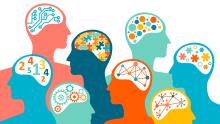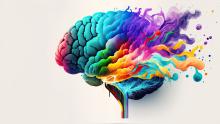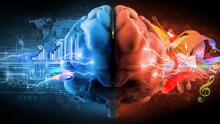
Sleep is one of biology’s most universal – and perplexing – phenomena. Why do animals need sleep, a state that seemingly leaves them vulnerable and unproductive? The EU-funded SleepSynapses project offered new insights to better understand sleep’s fundamental purpose.









